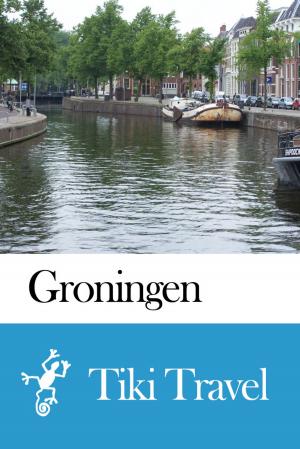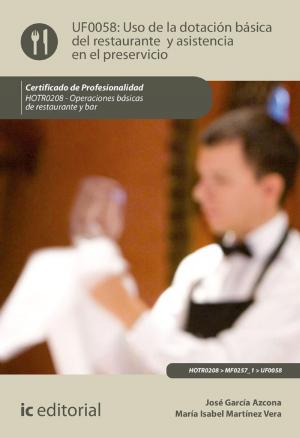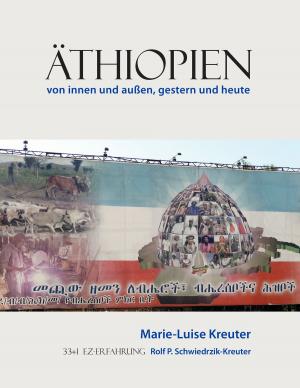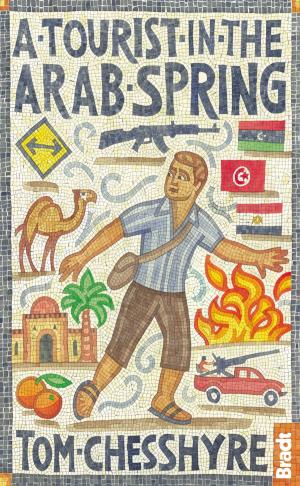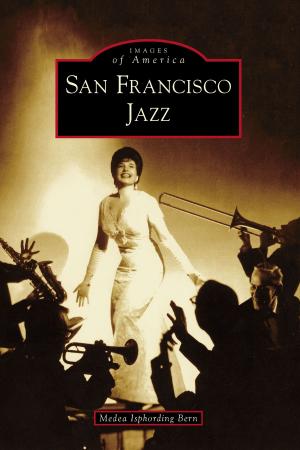| Author: | P.T. Rezende | ISBN: | 9781311966452 |
| Publisher: | Celma de Faria Luster / Open Vista Press | Publication: | July 4, 2016 |
| Imprint: | Smashwords Edition | Language: | English |
| Author: | P.T. Rezende |
| ISBN: | 9781311966452 |
| Publisher: | Celma de Faria Luster / Open Vista Press |
| Publication: | July 4, 2016 |
| Imprint: | Smashwords Edition |
| Language: | English |
Through the eyes of a Brazilian-American teenager, this memoir explores various multicultural issues. Travel, family relationships, parenting, second language learning and social customs are interwoven in the story. P.T. Rezende’s perceptions of his bicultural life are quite revealing. Right after his high school graduation his mother took him to visit her Brazilian family. Naturally a month feels like a long time at a young age. During that period, he reflects on a series of events and his struggles in the past and present.
Even though his mother makes promises and efforts to please, they are not enough. But teenagers are not known for being understanding and Rezende is not an exception. He disputes his mother’s reasons to travel and puts up resistance. Being with family on thother side of the Equator is intimidating. While in Brazil, he has to face the differences and make adjustments.
Along the way Rezende makes remarks about the American lifestyle while portraying facets of Brazilian life “In the States people are often buying plants and mulch at nurseries and other kind of stores. In my grandmother’s world it is still common to share or give away plants to friends and visitors.” Over the years he visited his Brazilian relatives, but still continues to be uneasy amidst them. Flashing back to his childhood, he tries to understand his life. He confronts himself on many occasions.
Places and events are put in perspective. The author travels to and within Brazil during the 2014 World Cup. Watching the game on TV gives him a chance to look at himself and others in new ways. Also, going with a cousin to the city of Maceió and with an uncle to the Araguaia River he actually has fun and comments on the beauty of each location. Unlike a travel guidebook, these accounts are personal impressions of a teenager.
Language learning is a complex process. As globalization exposes more and more people to other cultures, children are often part of such mix in unique ways. This memoir gives a glimpse into the intricacies of multiculturalism. Rezende comments on his parents actions to help him learn Portuguese. Raised in a bilingual household he describes his difficulties. A variety of factors come into play. Need and/or desire to learn another language are key motivators.
Readers interested in teenagers’ behavior, second language learning and cultural identity development will enjoy Rezende’s experience. Young adults and parents can identify themselves with the author’s accounts. He brings up questions and looks for answers as he reveals himself. It is a challenge to be a teenager, try to understand oneself and navigate in two cultures.
P.T. Rezende’s memoir is developed in twelve chapters. They are: Airport, Arrival, The House, Grandparents, Language, Photo Album, Connections, Soccer, Separation, Beach Time, Araguaia River and Farewell. Each of them is quite engaging, showing aspects of a life in its early stage.
This e-book is in English only but there is a Portuguese version as well. A paperback bilingual edition, English and Portuguese, was published on January 28, 2016. More information is available at http://www.openvistapress.com
Through the eyes of a Brazilian-American teenager, this memoir explores various multicultural issues. Travel, family relationships, parenting, second language learning and social customs are interwoven in the story. P.T. Rezende’s perceptions of his bicultural life are quite revealing. Right after his high school graduation his mother took him to visit her Brazilian family. Naturally a month feels like a long time at a young age. During that period, he reflects on a series of events and his struggles in the past and present.
Even though his mother makes promises and efforts to please, they are not enough. But teenagers are not known for being understanding and Rezende is not an exception. He disputes his mother’s reasons to travel and puts up resistance. Being with family on thother side of the Equator is intimidating. While in Brazil, he has to face the differences and make adjustments.
Along the way Rezende makes remarks about the American lifestyle while portraying facets of Brazilian life “In the States people are often buying plants and mulch at nurseries and other kind of stores. In my grandmother’s world it is still common to share or give away plants to friends and visitors.” Over the years he visited his Brazilian relatives, but still continues to be uneasy amidst them. Flashing back to his childhood, he tries to understand his life. He confronts himself on many occasions.
Places and events are put in perspective. The author travels to and within Brazil during the 2014 World Cup. Watching the game on TV gives him a chance to look at himself and others in new ways. Also, going with a cousin to the city of Maceió and with an uncle to the Araguaia River he actually has fun and comments on the beauty of each location. Unlike a travel guidebook, these accounts are personal impressions of a teenager.
Language learning is a complex process. As globalization exposes more and more people to other cultures, children are often part of such mix in unique ways. This memoir gives a glimpse into the intricacies of multiculturalism. Rezende comments on his parents actions to help him learn Portuguese. Raised in a bilingual household he describes his difficulties. A variety of factors come into play. Need and/or desire to learn another language are key motivators.
Readers interested in teenagers’ behavior, second language learning and cultural identity development will enjoy Rezende’s experience. Young adults and parents can identify themselves with the author’s accounts. He brings up questions and looks for answers as he reveals himself. It is a challenge to be a teenager, try to understand oneself and navigate in two cultures.
P.T. Rezende’s memoir is developed in twelve chapters. They are: Airport, Arrival, The House, Grandparents, Language, Photo Album, Connections, Soccer, Separation, Beach Time, Araguaia River and Farewell. Each of them is quite engaging, showing aspects of a life in its early stage.
This e-book is in English only but there is a Portuguese version as well. A paperback bilingual edition, English and Portuguese, was published on January 28, 2016. More information is available at http://www.openvistapress.com

